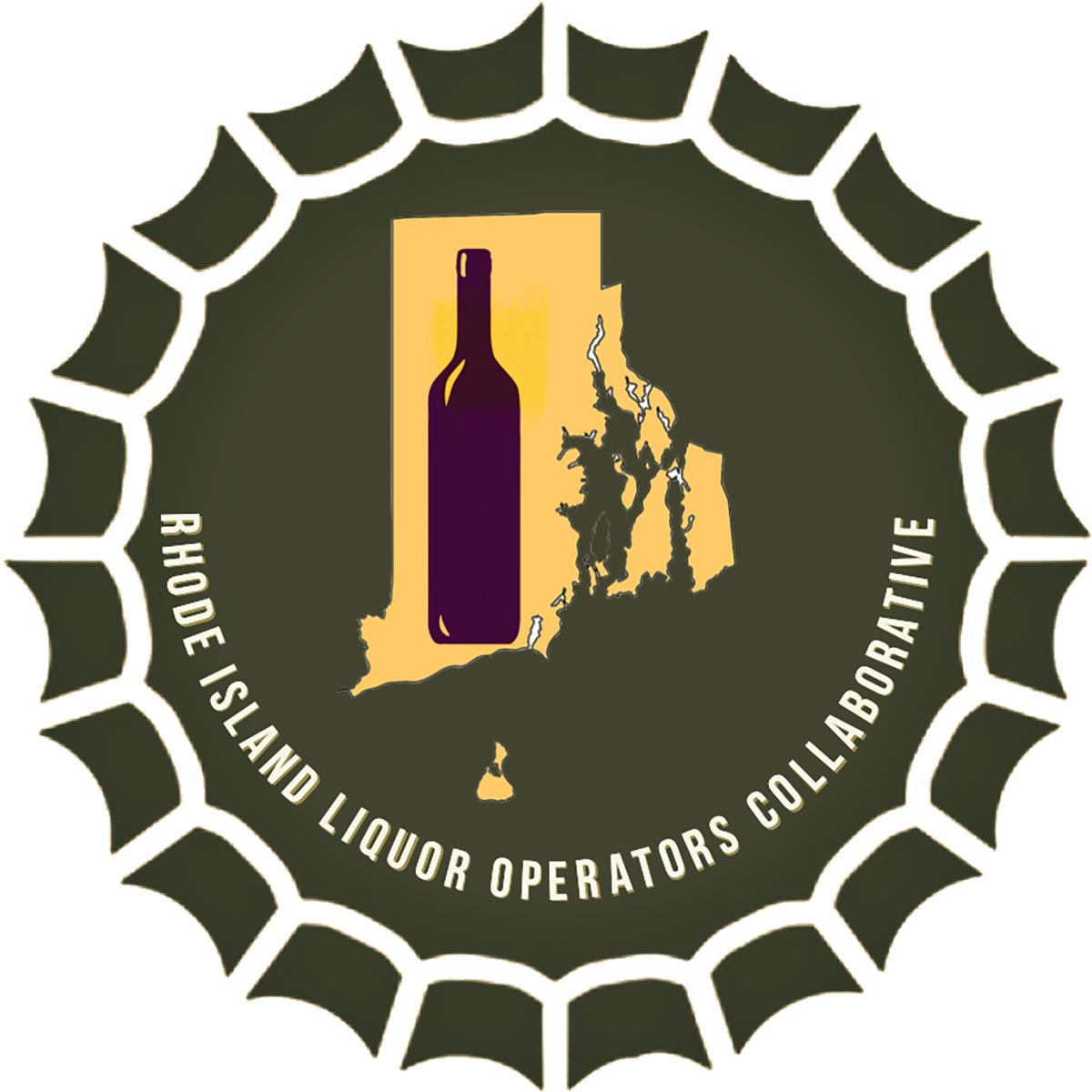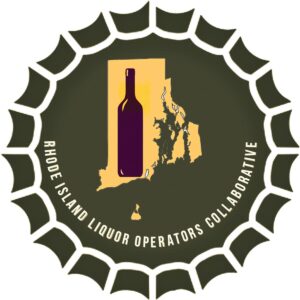

Nick Fede Jr., Director, Rhode Island Liquor Operators Collaborative.
By Nick Fede, Jr., Director, Rhode Island Liquor Operators Collaborative
The first quarter of 2025 hasn’t exactly been the friendliest to beverage alcohol. Dry January came and went as strong as it’s ever been, along with many more entrants into the no-/low-alcohol category. Retailers have seen some consumers explore the new, fancier nonalcoholic options now available on our shelves, but those sales in no way make up for the deficits we currently face in beverage alcohol. Furthermore, the legalization of cannabis has given consumers another choice when deciding on what product they turn to when winding down and socializing. Despite what some may claim, cannabis is not proven to be a healthier option, it is just a different one. Cannabis dispensaries are not medical offices or wellness centers.
As a new administration has set up shop in Washington, the threat of massive tariffs on many of our industry’s products is now real. The promise of 25% tariffs on Mexican and Canadian imports came to an eleventh-hour pause on Feb. 3, temporarily avoiding catastrophic retail price increases for American consumers. In previous statements, it was noted that tariffs on goods from the European Union would follow the Mexican and Canadian hikes. Retailers, as well as suppliers, importers and wholesalers, do not want to raise prices. However, should these tariffs be imposed, retailers will be forced to adjust shelf prices on some shoppers’ favorite imported items.
In response, the Rhode Island Liquor Operators Collaborative’s (RILOC) national arm, American Beverage Licensees, along with the Rhode Island Hospitality Association and its national arm, the National Restaurant Association, signed on to the Toasts Not Tariffs Coalition, which includes 52 U.S. associations and state guilds representing the entire three-tier chain of the U.S. beverage alcohol industry. In a letter to President Donald Trump, the coalition stressed, “Wine and spirits are high value-added agricultural products with significant upstream and downstream supply chains that create good-paying jobs and generate over $476 billion in combined annual economic activity … a 20% tariff could cost 74,000 U.S. jobs and nearly $6.2 billion in lost sales.”
 In many cases, there is no American equivalent to the items tariffs would be imposed on. These “distinctive products” can only be made in their designated countries or regions. There is a small movement to make high-quality agave spirits in the U.S. (check out Westerly’s South County Distillers Agave for proof), but 99% of agave spirits consumed in the U.S. come in the form of tequila from Mexico. Scotch whisky from Scotland and Cognac from France are also examples of distinctive products that would be hurt by such tariffs.
In many cases, there is no American equivalent to the items tariffs would be imposed on. These “distinctive products” can only be made in their designated countries or regions. There is a small movement to make high-quality agave spirits in the U.S. (check out Westerly’s South County Distillers Agave for proof), but 99% of agave spirits consumed in the U.S. come in the form of tequila from Mexico. Scotch whisky from Scotland and Cognac from France are also examples of distinctive products that would be hurt by such tariffs.
In response to these tariffs, it is expected that retaliatory tariffs would be imposed on American goods exported to other countries. From 2018 to 2021, tariffs imposed by the EU and the United Kingdom on American whiskeys, of which bourbon is a distinctive product, led to a 18% decline in categorical export value and a 12% decrease in total American spirit exports. Also, let it be noted that nearly 85% of U.S. spirits exports go to countries that eliminated tariffs altogether on all U.S. spirits, including but not limited to the EU, the UK, Canada, Mexico, Japan and Australia. In addition, the vast majority of U.S. wine exports go to countries where the import duty is low or zero. Our industry is a prime example of how fair and reciprocal trade doesn’t just survive but thrives; U.S. producers enjoy equitable access to markets abroad while American businesses and consumers benefit from fair pricing on imported goods. Everyone wins when we all operate on an even playing field.
As of the beginning of February, the 2025 Rhode Island Legislative Session had begun to heat up. RILOC had already started to track a variety of bills that would have an impact on you and your business. When called upon, it is imperative to show up at the State House and make our voices heard in a unified effort. Swift action is needed on often short notice; it is most important to be mindful of RILOC newsletters arriving in your inbox. If you’re not already subscribed, please reach out to us today at RILiquorOperatorsCollaborative@gmail.com.
Nick Fede Jr. serves as RILOC’s Executive Director, American Beverage Licensees’ Vice President (Off-Premise) and is a third-generation liquor retailer.



